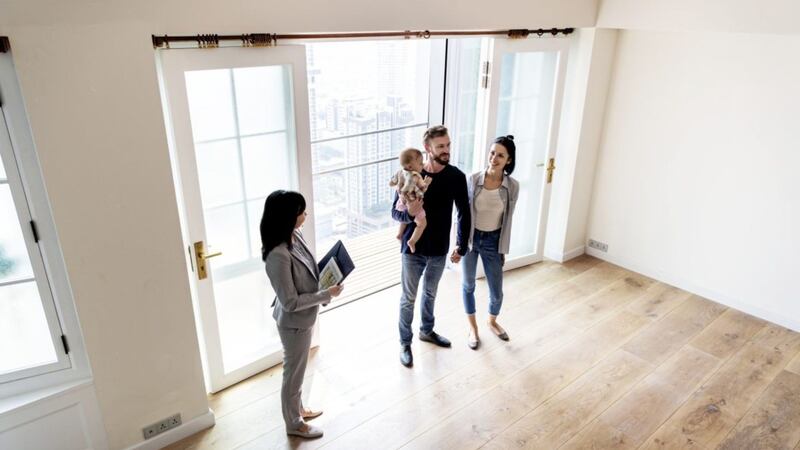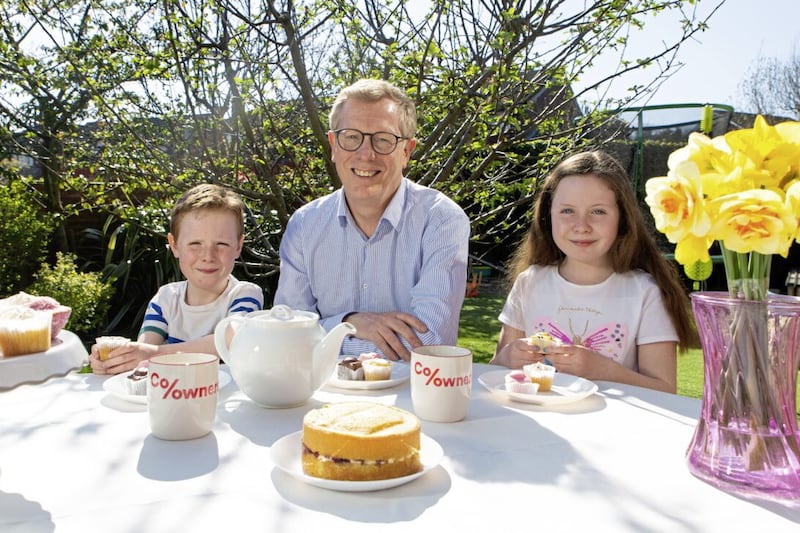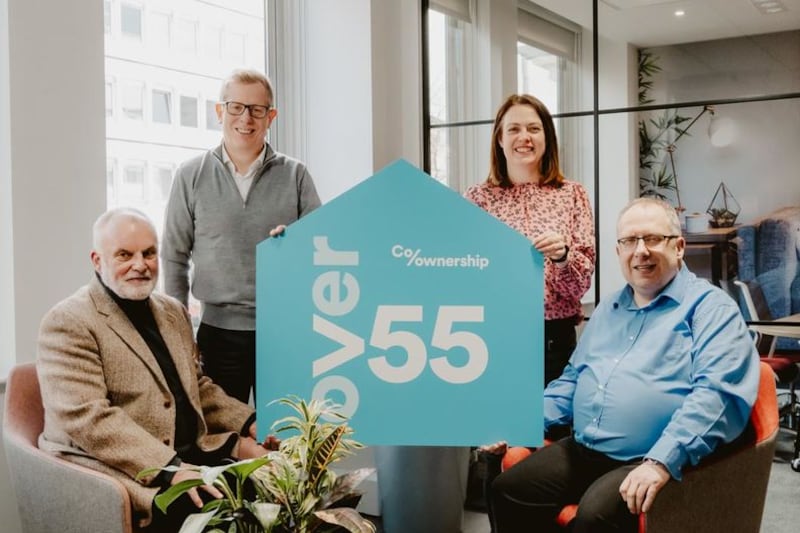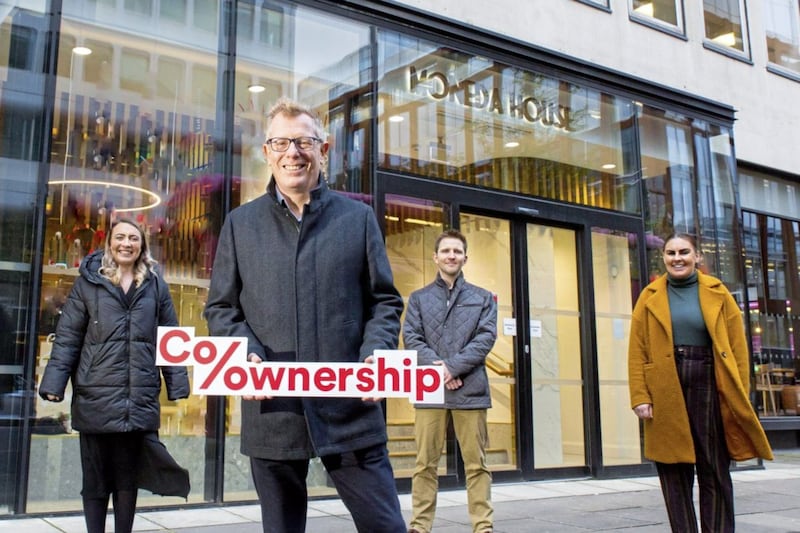SOMEONE said to me the other day “Well, at least if house prices fall, it will be easier for first-time buyers to afford a home”.
If only that were true. In fact, falling house prices may well lead to fewer first-time buyers. The last drop in house prices in 2008 led to a decade of decline in home ownership for young people. Whether you can own your own home depends on two things.
Firstly, whether you can afford the mortgage payments; and those should fall in line with house prices. And secondly, it also depends on whether you can get a mortgage and falling house prices can mean it is more difficult to get a mortgage - even if you can afford it
Young people in a secure job, with a decent income, and a good credit history may feel the economic effects of Covid-19 isn’t going to affect them. But in a falling housing market, loan-to-value ratios and deposits may well become a barrier. In a rising market, mortgage lenders are happy to lend up to 95 per cent of the value of the property.
In a falling market they want to guard against the mortgage being greater than the value of the property. Negative equity isn’t a good thing for the lender, or for the borrower.
So, when house prices were falling in the four years following 2008, lenders asked for larger deposits – typically 20 per cent. It was only after house prices started to rise again that 10 per cent or 5 per cent deposits made a return.
This can make an enormous difference to first time buyers. A typical ‘first-time buyer’ property is around £130,000. A 10 per cent deposit is therefore £13,000 which is a sizeable sum to save when you’re just starting out. A 20 per cent deposit means saving £26,000 – an amount that is probably beyond the means of most people buying their first home. An amount that may also be beyond the bank of mum and dad, or even granny and granda.
Mortgage lenders have already largely withdrawn their 5 per cent and 10 per cent deposit mortgage offers, with most lenders now only providing 15 per cent or 20 per cent deals. From their perspective, they are being prudent until they have a better understanding of what will happen to house prices. But it also means that many people who thought they would be able to buy their first home this year will need to wait a little longer.
Over the last two years, we have seen home ownership among young people beginning to recover. In Northern Ireland, the housing market was rising moderately, the incomes of young people had begun to increase in real terms and lenders were increasingly willing to lend to those not working in conventional full-time permanent jobs.
It's important we do not allow Covid-19 to cause another generation of young people to lose their dream of owning their own home. To avoid this, we need a speedy economic recovery, a stable housing market and a quick return of mortgage deals that will support first time buyers.
:: Mark Graham is chief executive at Co-Ownership







